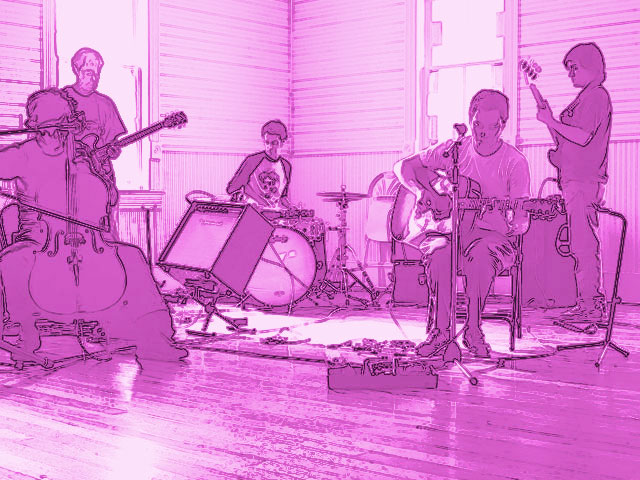- Published Apr 2, 2013 in In The Studio
There’s a fine line between getting ready for an important show and getting drunk in a room full of amps that’s costing you $60/hour. Here’s how to make the most of your time (and not spend too much of it).
Most musicians will tell you that rehearsals are a necessary evil. They’re usually right. Rehearsing tends to be less about creativity and more about getting the job done. Is that a bad thing? Not necessarily. There’s a time and place for everything. Your job is to decide what you need from your rehearsal and make sure you’re getting it. Here’s how to start:
1 Figure out what you need to accomplish.
Some bands get together a couple of times a week just to play. They call it a rehearsal because that’s a convenient name for it. But what they’re really doing is jamming. And that’s ok if your purpose is to get to know each other and “figure stuff out”.
Where I come from, the word rehearsal means that a show or recording session is coming up and it’s time to smooth out the rough edges. If that’s the case, the first thing you want to do is make a list of what needs to be done by the time you hit that stage. Things like identifying soft spots in the set that need work, focusing on dynamics and getting so comfortable with the music that it just comes out of you as easy as breathing.
2 Know your parts like the back of your hand.
If you want the most bang for your buck, make sure everyone involved comes in knowing his/her parts. Too many players think rehearsal is the time to write and learn new parts. Call it a writing session, a creative session, a jam, whatever. But that’s not rehearsing. Two weeks before a world tour or a label showcase is not the time to write your bassline to the new bridge, come up with three part harmonies or figure out which color tones work best over that G7 chord in the guitar solo. You can do that stuff on your own time in a room you’re not paying for by the hour.
3 Record, listen back, repeat.
The things you’ll learn from listening to your rehearsals are invaluable. And they can make all the difference in the world if you learn from them. Pick yourself up a cheap and easy-to-use recorder, turn it on and plant it on a table, preferably away from the drum kit.
Just go ahead and record everything—resist the urge to turn the rehearsal into a recording session. Just hit the red button at the beginning and stop at the end.
Personally, I find listening to my rehearsals just slightly less desirable than a colonoscopy. But I make myself listen to those tapes every time because there is, without a doubt, no better or faster way to improve.
When you’re listening back, be objective. It’s not a beauty contest, it’s an opportunity to freely make and fix mistakes in private so you don’t have to do it in public. Find your trouble spots. Are you always flat coming into the chorus? Isolate the part and fix it. Is the drummer pulling the whole band down 10 bpm (beats per minute) after that big fill before the bridge? Talk about it and compensate if you need to. Take the opportunity to truly make the music better. It always pays off in the end.

